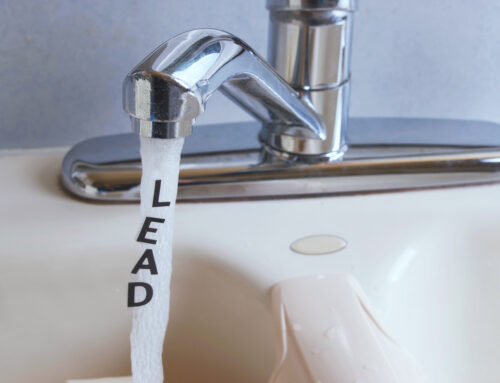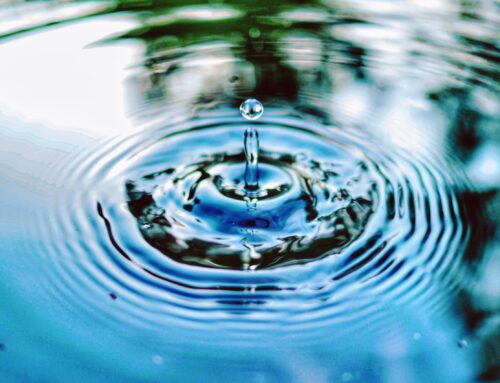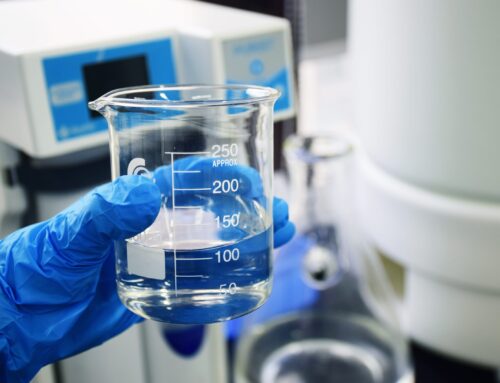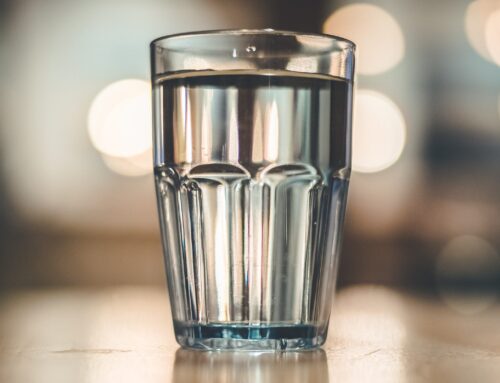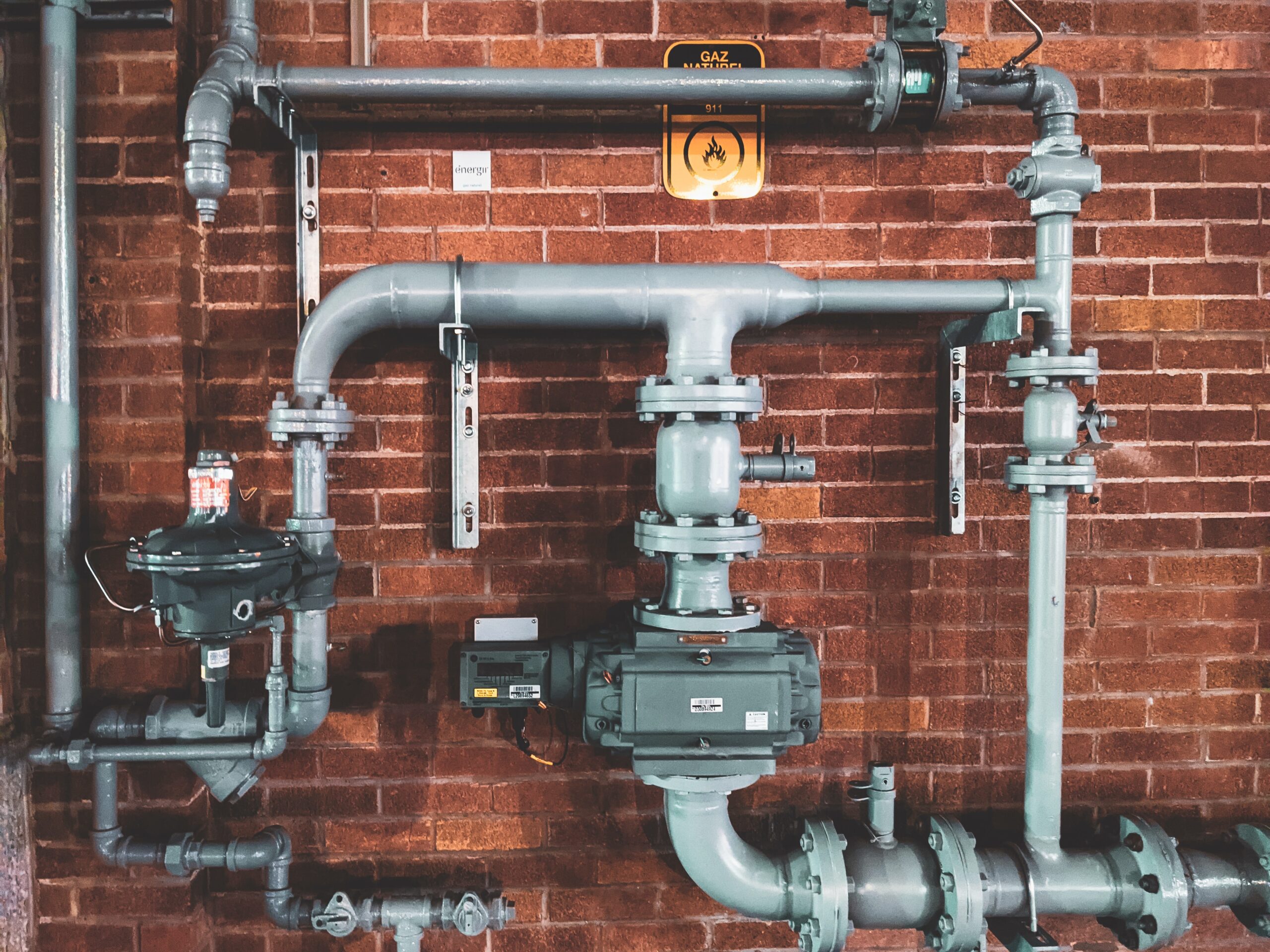
Endocrine Disruptors – An Ongoing Concern
Kate Golden with the Wisconsin Center for Investigative Journalism has reported that potential endocrine disruptors, Nonylphenol and Bisphenol A (BPA), are being found in Minnesota and Wisconsin Lakes and Rivers. Our Endocrine Systems are essentially made up of our glands, hormones and receptors in our bodies. Endocrine Disruptors are chemicals that change the way the Endocrine Systems work. Read the full story here about concerns growing about hormone disrupting endocrines in Wisconsin’s Waters.
No Surprise – A History of Endocrine Disruptors Effects in Humans
In 2010, Linda S. Birnbaum, Ph.D., Director National Toxicology Program with the Department of Health and Human Services, provided testimony on Endocrine Disrupting Chemicals in Drinking Water: Risks to Human Health and the Environment. Her testimony provides statistics dating back to 1960s in which the National Institute of Environmental Health Sciences had great interest in these chemicals: “Over the past fifty years, researchers observed increases in endocrine-sensitive health outcomes. Breast and prostatic cancer incidence increased between 1969 and 1986 ; there was a four-fold increase in ectopic pregnancies (development of the fertilized egg outside of the uterus) in the U.S. between 1970 and 1987 ; the incidence of cryptorchidism (undescended testicles) doubled in the U.K. between 1960 and the mid 1980s ; and there was an approximately 42% decrease in sperm count worldwide between 1940 and 1990 .”
Is there anything that can be done to protect our water?
Remember, there is no new water. The water on Earth is the water that has always been and is essentially recycled. We need to use common sense when it comes to recycling and disposing of oils, chemicals, trash and even pharmaceuticals. It is only a matter of time that it will end up in our drinking waters if we do not. We also need to realize that contamination of our waters and drinking waters is a real issue. May 17th, 2010 the President’s Anti-Cancer Panel recommended that all households use a water filtration system whether they are on a private well or municipal (city water) supply.
Questions about your water? Simply fill out a consultation request and one of our friendly professionals will be happy to address any of your concerns or provide recommendations.

